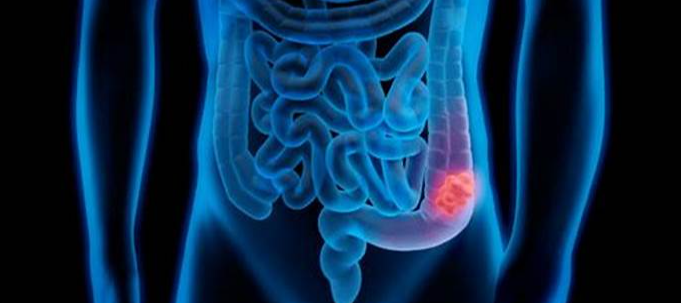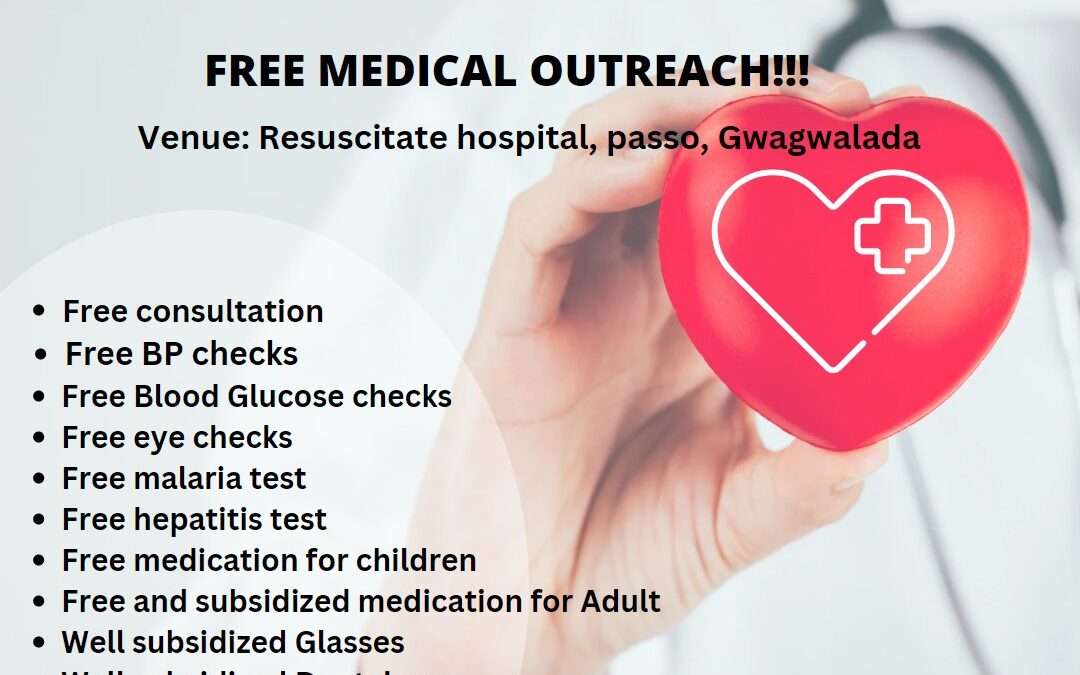Bowel Cancer Awareness Month takes place annually in the month of April. The aim is to raise awareness on the condition, shining the light on all that’s needed to prevent, manage or overcome it.
Bowel Cancer is a general term for cancer that begins in the large bowel. However, depending on where the cancer starts it is sometimes called colon or rectal cancer. Bowel cancer is the third most common cancer worldwide. Usually, it begins as small, noncancerous (benign) clumps of cells called polyps that form on the inside of the colon. Over time some of these polyps can become colon cancers.
”In the past three decades, research has consistently shown a rise in colon cancer among younger people.”
Although people over 50 are more likely to contract the disease, people under 50 are being diagnosed with it. In the past three decades, research has consistently shown a rise in colon cancer among younger people. And in this case, it is the more ‘hard-to-treat’, strain of the disease. Chadwick Boseman, the actor best known as the star of ‘Black Panther’, passed on last year, due to complications from colon cancer. He was 43.
But what are the signs and symptoms?
Bowel cancers can be difficult to diagnose because the symptoms, are shared with other diseases. However, according to the NHS, the three main symptoms of bowel cancer are:
– Persistent rectal bleeding (blood in your poo): that happens for no obvious reason or is associated with a change in bowel habit
– A persistent change in your bowel habit – which is usually having to poo more and your poo may also become more runny.
– Persistent lower abdominal (tummy) pain, bloating or discomfort – that’s always caused by eating. It may also be associated with loss of appetite or significant unintentional weight loss
If you have any worries or concerns, you should speak to your GP (General Practitioner).

RISK FACTORS
Some factors that increase your risk of developing colorectal cancer are unavoidable. On the other hand, there are those that are avoidable. Age is one of the unavoidable risk factors. That is to say, your chances of developing this cancer increase after you reach the age of 50.
Some other fixed risk factors are:
- Prior history of colon polyps
- A prior history of bowel diseases
- A family history of colorectal cancer
- Having certain genetic syndromes, such as familial adenomatous polyposis (FAP)
- Being of Eastern European Jewish or African descent
”Some factors that increase your risk of developing colorectal cancer are unavoidable. On the other hand, there are those that are avoidable.”
Modifiable risk factors
Other risk factors are avoidable. Consequently, this means you can change them to decrease your risk of developing colorectal cancer. They include:
- Being overweight or having obesity
- Smoking
- Being a heavy drinker
- Having Type 2 diabetes
- Living a sedentary lifestyle
- Consuming a diet high in processed meats
When should I see a GP?
If you have any of the symptoms of bowel cancer for three weeks or more, it time to be seen. During your visit, the GP may then:
– Examine your tummy and bottom to make sure you have no lumps.
– Arrange for a simple blood test to check for iron deficiency anaemia. This can show whether there’s any bleeding from your bowel that you have not been aware of.
– Arrange for you to have a simple test in the hospital. This is to make sure there’s no serious cause of your symptoms.
”This disease can be treated using a combination of different treatments. Essentially, it depends on where the cancer is in your bowel and how far it has spread.”
What is the treatment?
This disease can be treated using a combination of different treatments. Essentially, it depends on where the cancer is in your bowel and how far it has spread.
So the main treatments are:
– Surgery – the cancerous section of bowel is removed. This is the most effective way of curing bowel cancer and in many cases is all you need
– Chemotherapy – where medicine is used to kill cancer cells.
– Radiotherapy – where radiation is used to kill cancer cells.
– Targeted Therapies – a newer group of medicines that increases the effectiveness of chemotherapy and prevents the cancer from spreading.
The chance of a complete cure depends on how far it has spread by the time it’s diagnosed. As such, if the cancer is confined to the bowel, then surgery is usually able to completely remove it. Also, keyhole or robotic surgery is now being used more often. This allows surgery to be performed with less pain and a quicker recovery.
In conclusion, if caught early, colon cancer is very treatable and the five-year relative survival rate is about 90%. It is therefore important to get screened regularly, especially if you have risk factors.
Follow our blog for more updates. Got any questions? Our Doctors are more than glad to help provide the assistance you need with our telemedicine feature. Find out more here. We’re on the socials! Follow us on Instagram, Facebook and Twitter for more.









